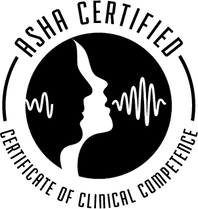|
Well, yes and no.... While It is a perfectly normal developmental phase for some (though, not all) children to produce a FRONTAL LISP of /s/ and /z/ sounds until they are about 4½ years of age.... a LATERAL LISP is NEVER considered to be part of typical speech development. 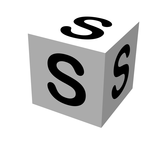 So, what's the difference between these "types" of lisps? A frontal lisp occurs when the tongue either protrudes between, or touches, the front teeth and the sound produced is more like a /th/ sound than a /s/ or /z/. A lateral lisp occurs when the air escapes over the sides of the tongue and into the cheeks.... this can occur on several sounds, /s/, /z/, /sh/, /ch/ /zh/, and /dj/. So, at what age should I be concerned with my child's lisp? For a frontal lisp, I recommend a speech evaluation at around age 5 and before baby teeth have fallen out. In my experience, this is typically an ideal age for correction of this speech impediment and speech therapy is often successful within a shorter period of time. But, there are also several other things to consider...
If a frontal lisp is present and you also have concerns with some of the above mentioned areas, then I recommend a speech evaluation even earlier. These behaviors can indicate the presence of other issues (i.e., hearing impairment, tongue tie, nasal cavity obstruction, tongue thrust, low muscle tone, etc,) and an evaluation by a licensed/certified Speech Language Pathologist can help identify these areas of concern. For a lateral lisp, a speech evaluation and therapy should be sought at the earliest age. A person with a lateral lisp will likely not be able to self-correct on their own and will not grow out of it. A "wait-and-see" approach will not only be ineffective, but establish the habit of incorrect production, which can be more difficult to correct later on. I'm an adult who has a lisp... is it too late for me to change it? No... absolutely not! Though some adults have no desire to seek therapy and are happy to accept their speech the way it is, I have worked with many adolescents and adults who, when highly motivated, have successfully corrected their lisps over a relatively short period of time with speech therapy. Is speech therapy effective for lisps? As a Speech Language Pathologist for 18 years, I have to say that working with children and adults to correct a lisp is just about my favorite thing. I see quick progress with most of my clients and speech therapy is often successful within a short period of time. If you have more questions about lisps or would like to schedule an evaluation, give me a call! 719-888-9555. I can help.
6 Comments
Leslie Thurston
10/27/2021 12:44:12 pm
Hello! I am a fellow SLP and I see quite a few kiddos in pre-k that exhibit a frontal lisp on at least the /s/ sound. What is the most effective therapy you have used with young kids other than teaching them that /s/ is a snake sound and they need to keep it behind their cage (teeth). Is it purely repetition? Do you include oral motor tasks?
Reply
Amy Graham
11/1/2021 10:53:06 am
I have an incredible amount of information about treating /s/ and using multi-sensory cues on my Instagram @grahamspeechtherapy
Reply
Amy
10/24/2022 07:47:23 am
I would pay close attention to any myofunctional deficits that are contributing to both of these errors... those types of persistent articulation errors may be impacted by those types of underlying functional deficits. But, I would prioritize the lateral lisp since it's not developmental.
Reply
Ivy
2/9/2023 01:57:49 pm
Do you have recommendations for a speech therapist in NYC (preferably Brooklyn) that specializes in lateral lisps? My son is 9. I'm trying to work with him myself using your techniques (thank you!!!) as i don't have insurance that will cover any of the cost but it's hard to keep his attention and he gets frustrated soooo easily with me. Thanks! Ivy
Reply
Leave a Reply. |
|

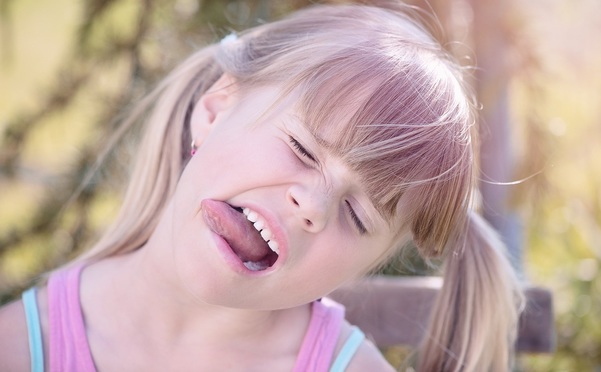
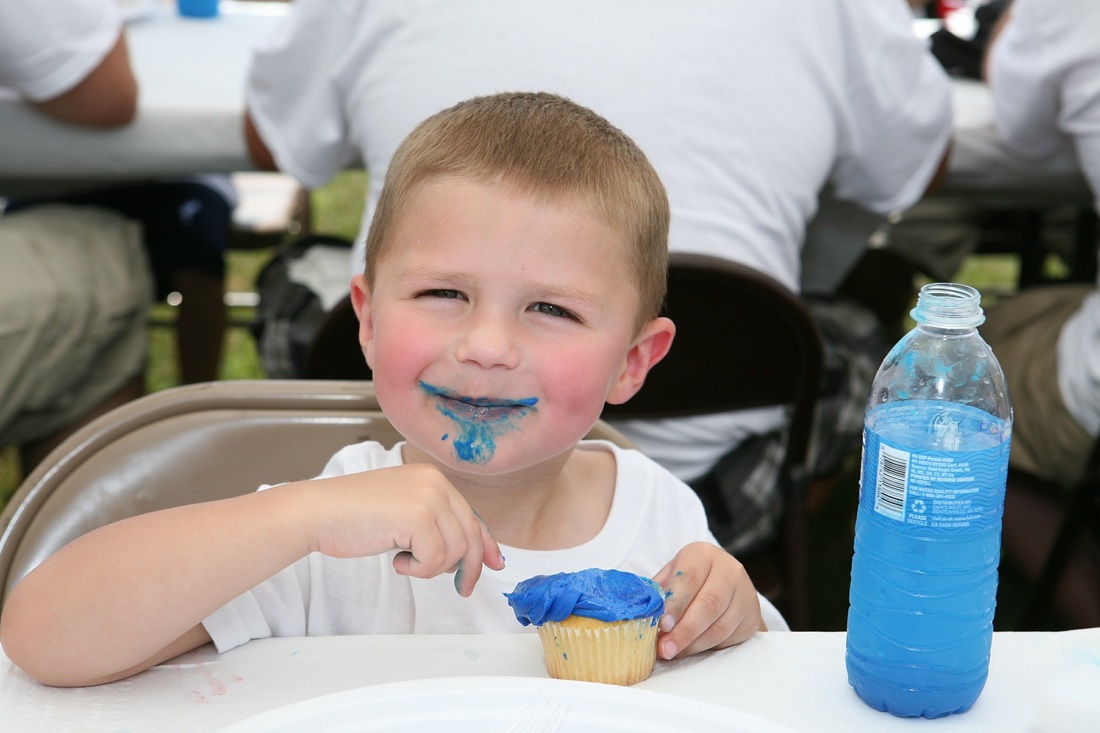
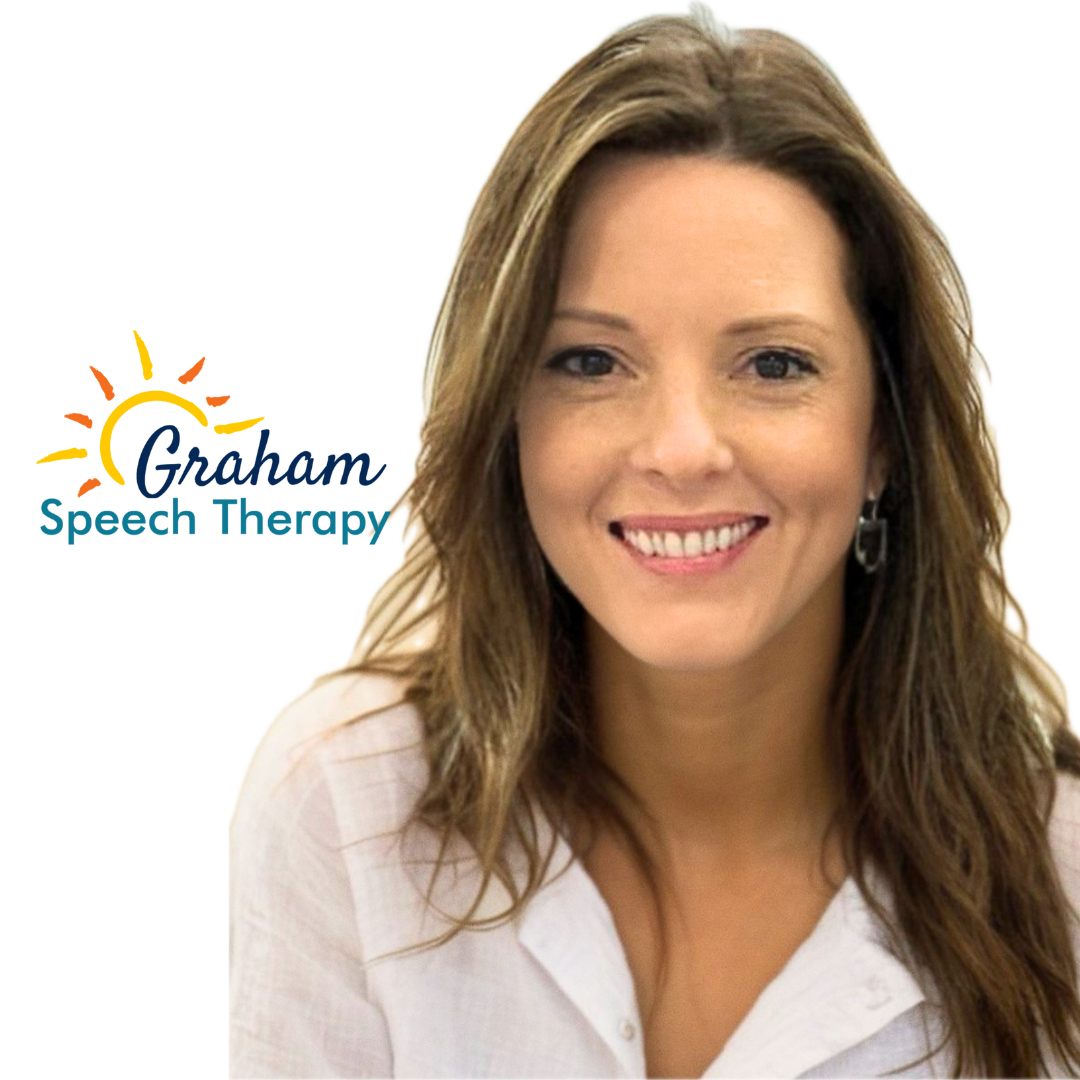
 RSS Feed
RSS Feed
